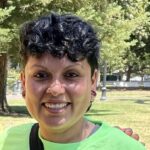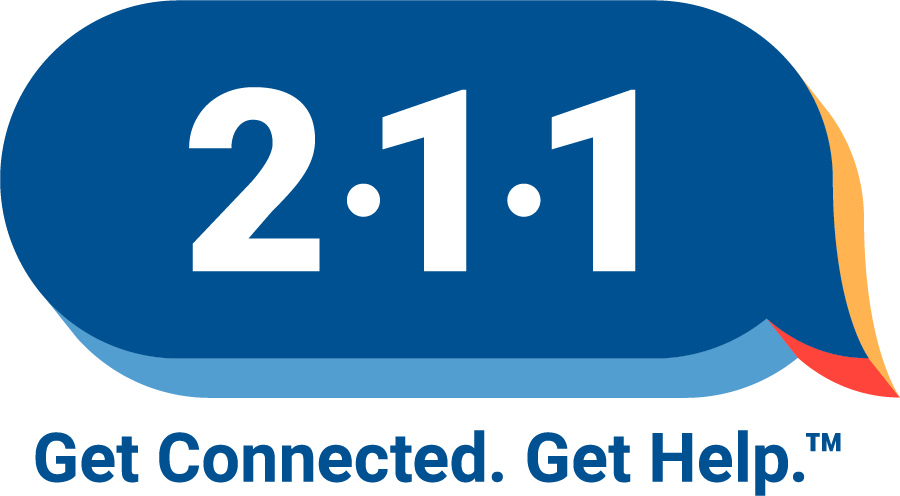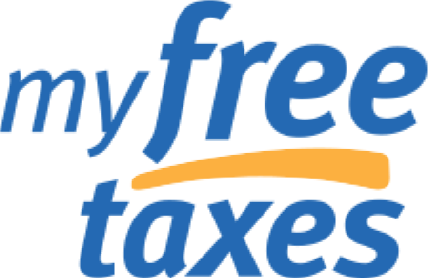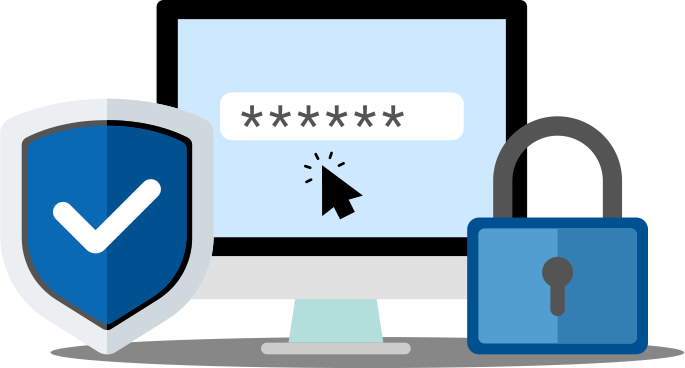My Internship At United Ways Of California
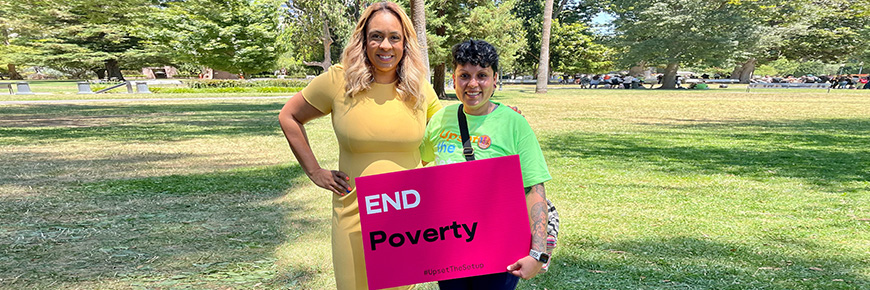
I believe that the future towards ending child poverty is within policy advocacy focused on the voices of the people living and impacted by poverty.”
Ro Gil (right) at the #UpsetTheSetup rally on June 21st, 2022 with Dr. Dawnté Early (left) President and CEO of United Way California Capital Region
I want to start by sharing a little bit about myself. In 1984, my family migrated to the U.S., fleeing a civil war in El Salvador. As an immigrant family living in Compton, California, we faced the usual perils and obstacles that came with uprooting our lives, including language and cultural barriers and the inability to access resources. As the sole provider and the only one with legal status to work, my father carried the weight of the world to provide for us. Due to our immigration status, my family did not qualify for many resources, and the fear of deportation prevented us from accessing those available. Extreme poverty brought about isolation, parental substance abuse, and domestic violence throughout my childhood.
My personal experience with childhood poverty and its effects has fueled my passion for wanting to make a difference in the world of anti-poverty. Research shows that childhood poverty can almost guarantee childhood trauma and comes with life-long adverse effects; data also demonstrate that children living in impoverished communities are more susceptible to becoming victims or witnesses of violence and parental abuse or neglect.1 Furthermore, living in poverty and unhealthy surroundings can overwhelm a child’s stress response system, resulting in “toxic stress.” Various studies have connected toxic stress with alterations in a child’s brain architecture, raising the likelihood of physical, behavioral, socio-emotional, and cognitive problems.2
As a first-year master student at the Berkeley Master of Social Welfare (MSW) Program, University of California Berkeley I was very excited to kick off my graduate program experience with an agency like United Ways of California (UWCA) with such high regard for its policy advocacy work around financial stability. Throughout this placement, I collaborated with other passionate people within the CalEITC Coalition. People like Monica Lazo from Golden State Opportunity, a Salvi (a term used to describe Salvadorean roots) who is a kick a.. policy advocate from a similar background as me. Or Yesenia Jimenez, a policy advocate from End Child Poverty California, who took me under her wing while at the capitol lobbying. These two advocates were influential in my experience because they too came from communities impacted by poverty, and within them, I see someone who looks like me doing the work I aspire to do.
The California State Legislature comprises two houses: the Senate and the Assembly. There are 40 Senators and 80 Assembly Members representing the people of the State of California. During a two-year legislative session, each house will hear a bill in its designated committees. The bills sponsored by the CalEITC Coalition AB 1515 (Santiago), AB 2589 (Santiago), and SB 860 (Rubio) were heard by the Revenue & Tax, Appropriations, and Governance and Finance committees, as well as budget issues via Budget Subcommittees. My biggest takeaway from the California legislative process is that there are opportunities at every step along the way to gain support for your bill. Using tools such as social media, public comment, letters of support, rallies, and one on one meetings with legislators, our coalition ensured that the importance of the bills was at the forefront of the legislators’ minds.
I believe that the future towards ending child poverty is within policy advocacy focused on the voices of the people living and impacted by poverty. I think that lived experience is one of the most critical assets an advocate can use. Unfortunately, we operate under a system where lived experience is not easily quantified. It was powerful to see partner agencies and UWCA elevate the voices of the impacted community by providing them with a platform at a rally on June 21st at the California Capitol in support of the Select Committee on Poverty and Economic Inclusion. The future toward ending child poverty should also include representation in all areas. Our vote matters, and by continuing to elect officials who carry their own lived experiences with poverty, we can guarantee more focus on the cause. Additionally, the representation will inspire others with similar backgrounds to seek leadership positions and inspire real change.

Ro Gil (right) with Michael Tubbs (left) founder of EPIC (End Poverty in California) and Former Stockton Mayor and Special Advisor to Governor Gavin Newsom
And now, I walk away from my first year of graduate school and UWCA with more knowledge about the legislative process, focus on where I wish to continue my career, and life-long connections. I want to thank Anna Hasselblad (Public Policy Director) for her patience, time, and vast knowledge throughout my journey. Jazmine Munoz (Public Policy Associate) and Jose Vargas (Public Policy Manager), for your support and guidance. Nalleli Sandoval (Senior Director of Programs) for keeping me grounded through a social work perspective. And all UWCA for making me feel welcomed and accepted from day one.
- Trauma and Poverty Effects on Children – Cliffside Malibu
- The lifelong effects of early childhood adversity and toxic stress

